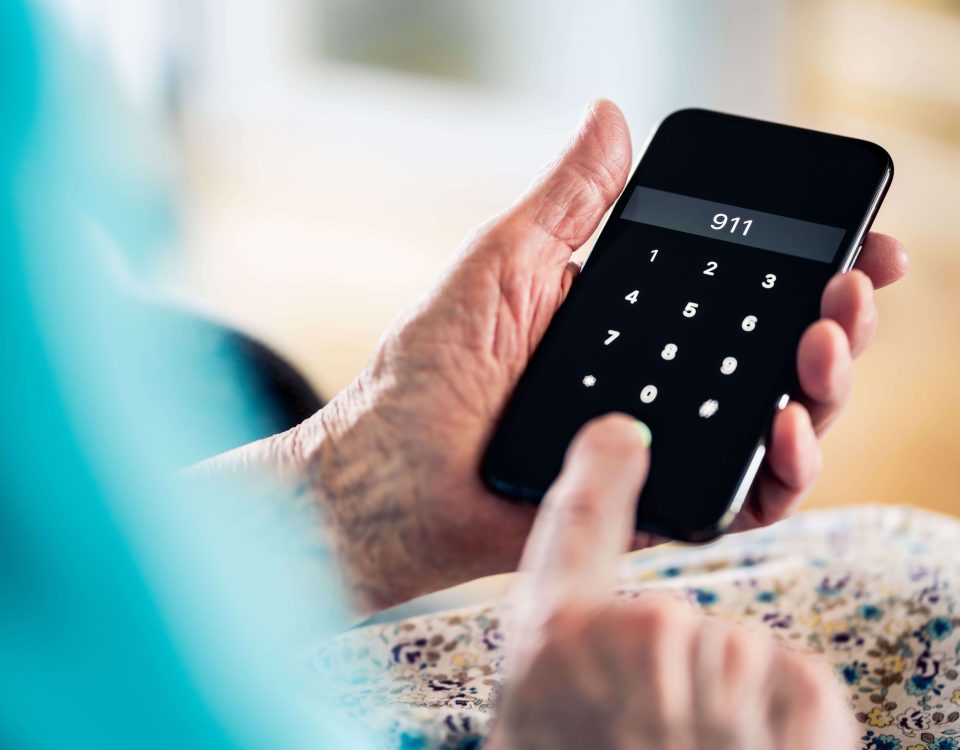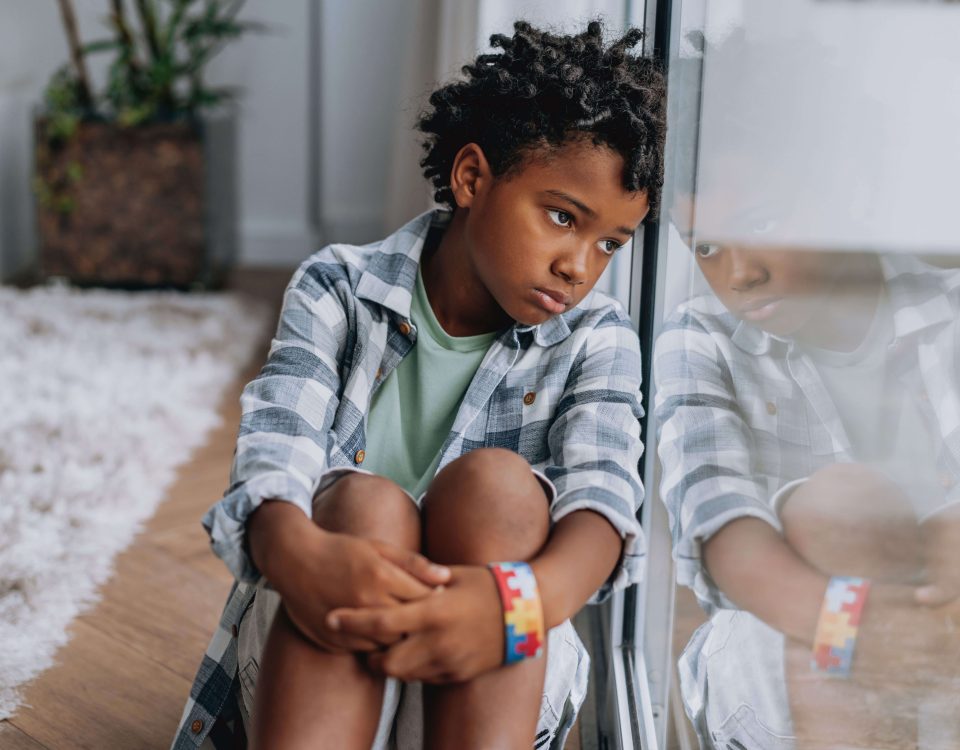- Have any questions?
- 412-123-4567
- noreply@upmc.com
Risk Factors for Opioid Overdose

An opioid overdose can happen if a person has overloaded their body with medications or illicit drugs, or a combination of opioids and other medications, drugs, or alcohol. Every day about 10 Pennsylvanians die from opioid overdose. While there are substantial efforts to address opioid addiction, it is important to understand the risk factors for opioid overdoses, and who is at the highest risk of overdosing, so you can potentially help save a life.
Who Can Overdose on Opioids?
Most opioid overdoses are accidental and can happen anywhere, anytime, and to anyone. However, there are certain groups of people who are at a higher risk of experiencing an opioid overdose.
People who are most likely to overdose on opioids are those with a substance use disorder. Substance use disorders are when people become dependent on alcohol, prescription drugs, or illegal drugs that may result in mental, physical, and behavioral problems at home, work, or school.
Roughly one in 100 overdoses is fatal among opioid-dependent people. Within their lifetimes, almost half will personally experience one nonfatal overdose, and about two-thirds will witness someone else overdose.
People at Risk of Opioid Overdose
The people who are at highest risk of opioid overdose are those who:
- Relapse to opioid use after detoxing can overdose because they resume their regular dose, which now is too strong for their lowered tolerance level.
- Inject opioids which may contain other illegal or more potent substances, such as fentanyl.
- Use prescription opioids, particularly those taking high doses.
- Mix opioids with other substances, such as alcohol, benzodiazepines, cocaine, or other stimulants.
- Use opioids and have an underlying chronic medical condition, such as HIV, liver disease, lung issues, or a mental illness.
- Have access to opioids, including those prescribed by a doctor, such as household members and children.
People at Risk of Witnessing an Overdose
The people at highest risk of witnessing an opioid overdose are:
- Friends and family members of an individual who uses opioids.
- People who give shelter to an opioid-dependent person or use drugs with them.
- People whose work brings them into contact with opioid-dependent people.
Know the Signs of Overdose
In the event you may witness an opioid overdose, there are ways you can help. It's important to first know and identify symptoms of an opioid overdose. The most common signs are:
- Loss of consciousness
- Awake, but unable to talk
- Breathing that is very slow and shallow, erratic, or has stopped
- Choking sounds, or a snore-like gurgling noise
- Vomiting
- A body that is very limp
- Pulse (heartbeat) that is slow, erratic, or not there at all
View a full list of opioid overdose symptoms.
What Should You Do If You Witness an Overdose?
If you suspect someone has overdosed:
- Call 911 immediately, even if you are unsure.
- Ensure the individual has an open airway that is free of obstructions and lay the individual on their side. The primary problem with an overdose is inadequate respirations.
- Administer Narcan® (naloxone) within two to three minutes if it is available. Stay with the person until help arrives.
Note that most states have enacted Good Samaritan laws, which offers protection for those who report an overdose in good faith, even if illegal activity is involved. These laws encourage members of the community, family members, and friends to call 911 if they witness an overdose.
Knowing risk factors of opioid overdoses and who is at the highest risk of experiencing an overdose can help save a life. In the event of an overdose, minutes matter. The more you know about overdose situations, the more confidence you will have to intervene during an emergency, and potentially save a life.
More Information on Opioid Addiction, Overdoses, and Naloxone
If you are someone you know is suffering from a substance abuse disorder, please call the Get Help Now Hotline at 1-800-662-HELP (4357) for more information about treatment resources.
To learn more about UPMC's programs, contact the UPMC Center for Opioid Recovery or UPMC Addiction Medicine Services.



